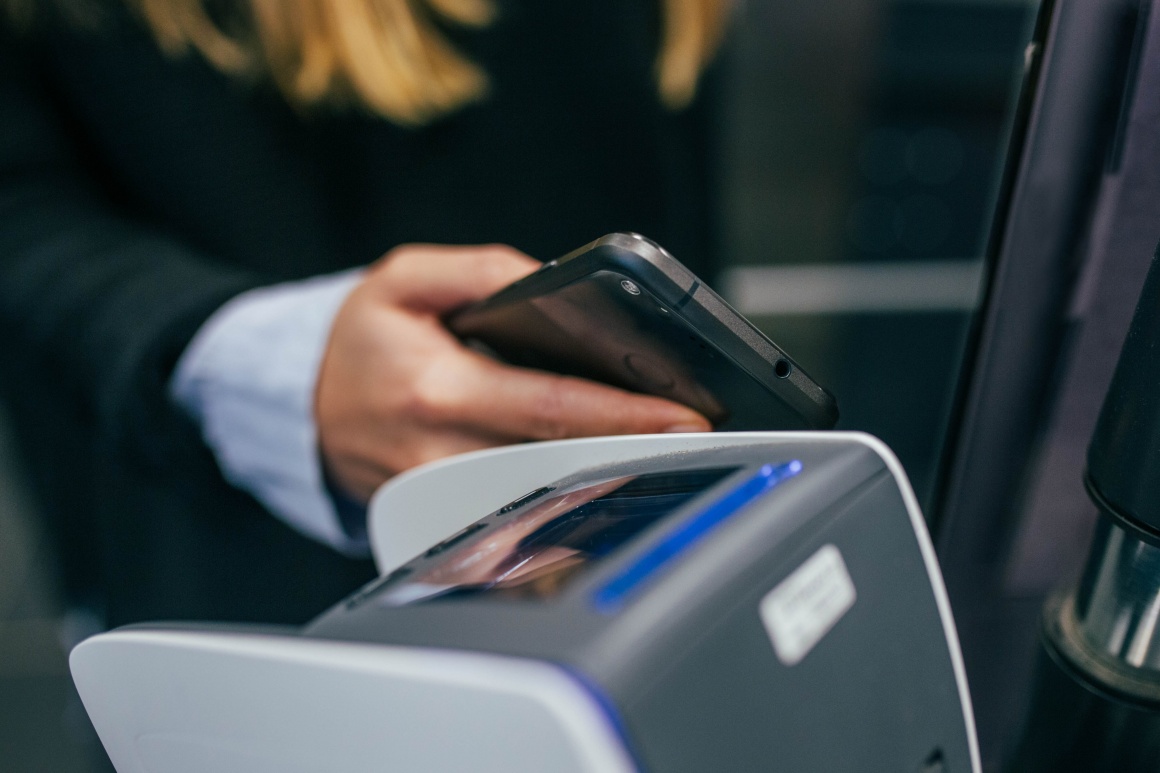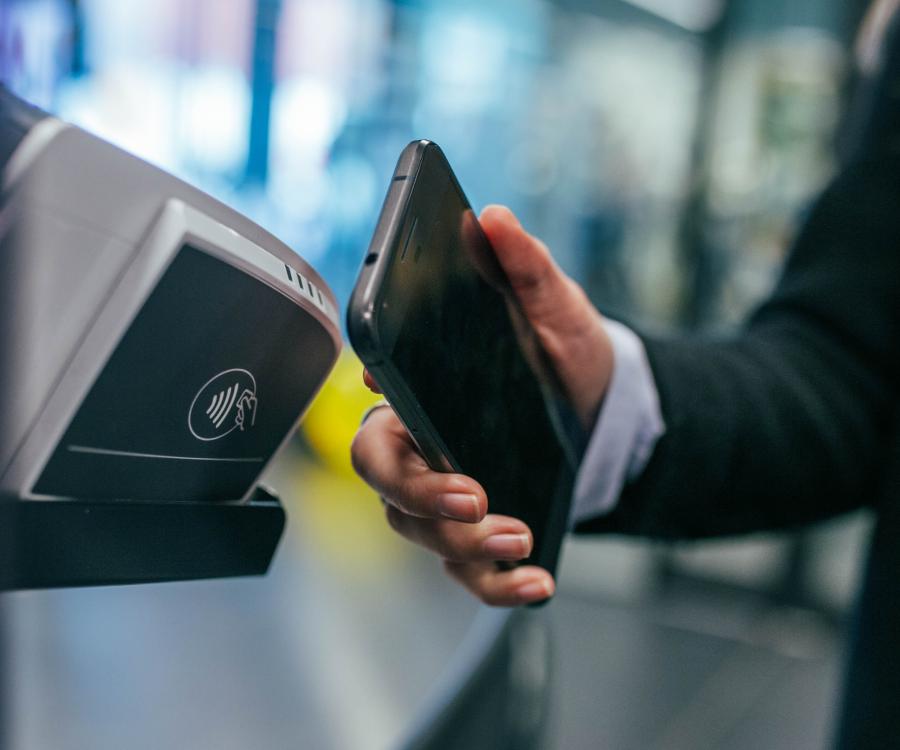
The biggest study of mobile wallets in the world, released by payments fintech Boku, with data from Juniper Research, reveals that Europe will be home to four of the ten fastest-growing countries for mobile payment transactions by 2025. Russia, Germany, Portugal, and Sweden are projected to grow the fastest in Europe, comprising four of the ten fastest globally, with France, Norway, Spain, Denmark, Netherlands, and the UK, being the other European nations helping make up the top 20.
Despite this growth in mobile transactions, Europe lags behind emerging markets when it comes to mobile wallets. Africa and The Middle East and Latin America are the two markets set to grow most significantly by 2025 with seven of the top 10 fastest growing countries for mobile wallet purchases hailing from these regions. When it comes to specific wallets, it’s those based in emerging markets where the growth is set to happen. By 2025 SadaPay (Pakistan), MercadoPay (Brazil) and PicPay (Brazil) are predicted to be the fastest growing mobile wallets.
Boku’s report also reveals that one in two people globally will use a mobile wallet by 2025. The growth of mobile wallets is down to factors such as:
- Displacement: Mobile wallets are displacing cash, bank transfers and card transactions as commerce shifts further online and consumers seek more convenient and secure payment methods.
- Ease of access: Many consumers in emerging markets, particularly younger ones, are opting for mobile wallets, that enable them store value and transact digitally, instead of traditional bank accounts.
- Super-apps: Outside of North America and Europe, mobile wallets offer greater utility - from ticketing to delivery services. They are increasingly “essential” for digital commerce with growth commensurate.
For merchants to grow globally, they must accept the mobile payment methods that consumers prefer in target markets, which in many cases are increasingly mobile. Some markets, such as the UK, are seeing contactless payments as a major driver of usage going forward; spurred on by the pandemic. But for many markets around the world, mobile wallets are the preferred mobile payment method. Between 2020 and 2025 the number of mobile wallets transacting over USD $1 billion per year will increase by 27% creating a growing acceptance challenge for merchants.
To support merchants with that challenge, Boku recently launched its M1ST (Mobile first) network. M1ST is the largest mobile payments network in the world, reaching 5.7 billion payment accounts in 90 countries through 330+ mobile payment methods. Through M1ST, merchants can quickly and securely serve billions by accepting mobile wallets, real-time payments and carrier billing through a single API integration.
“eCommerce payments continue to be the primary driver of digital wallet usage around the world. This is a result of outdated payment types, such as cards and cash, not being designed for eCommerce.” Said Jon Prideaux CEO of Boku. “Consumers are gravitating to mobile-first payment methods and “super-apps” that offer a better user experience, better security and better rewards. If merchants want to attract, convert, and retain mobile-first consumers, they need to accept the mobile-first payment methods they have and use. For European merchants with global ambitions, this requires a new strategy for payment acceptance that goes well beyond cards and into mobile-first payments.”




